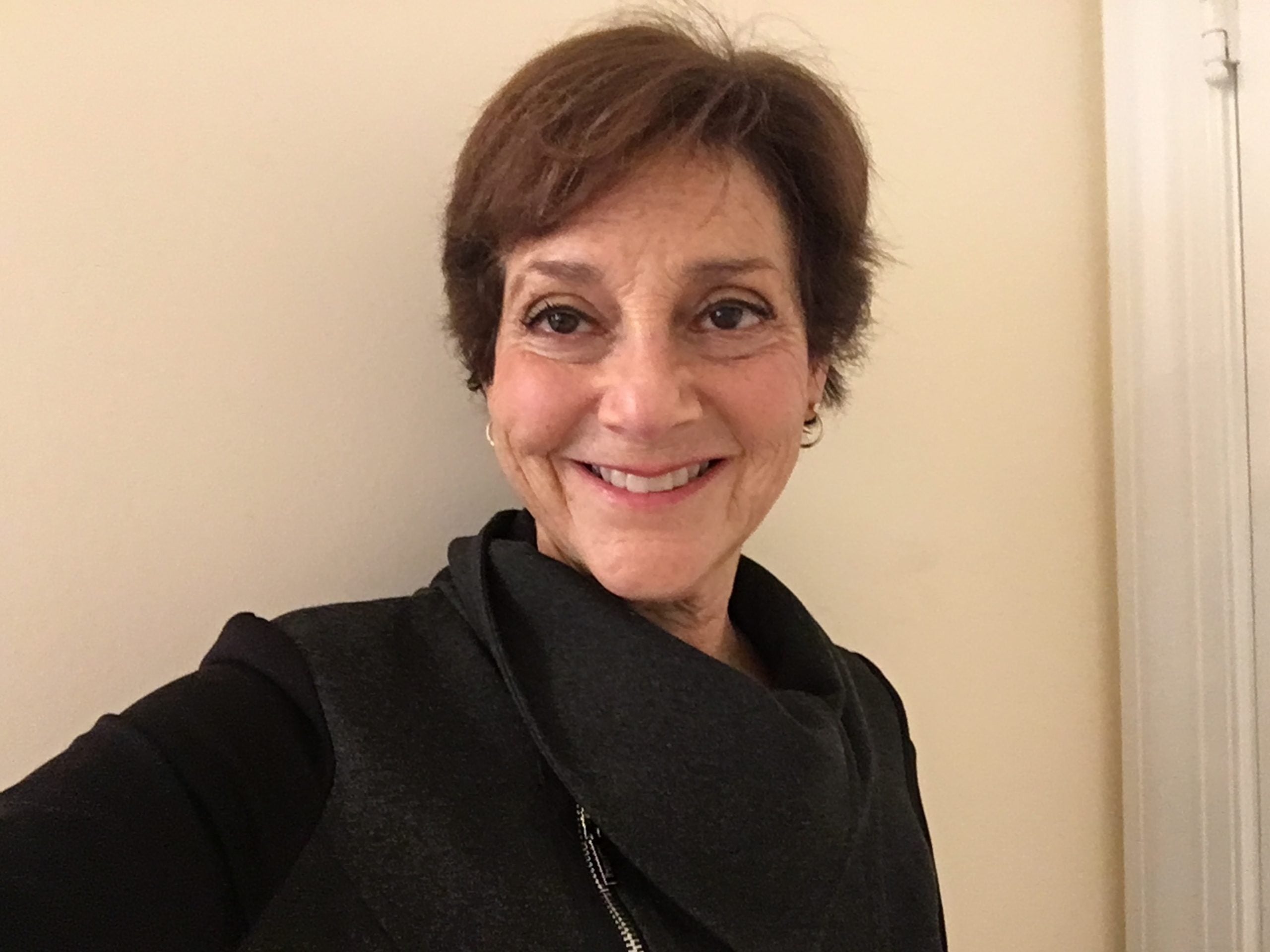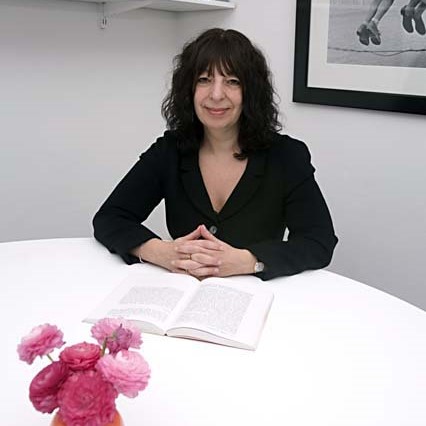Conference Session Block 4
|
Saturday, March 22
*This schedule is subject to change
Legally Speaking: New and Evolving Legal Challenges Facing ART Patients and Providers Across the US
Learning Objectives:
-
Recognize dramatically changed Constitutional, legal landscape following the US Supreme Court’s 2022 Dobbs decision.
-
Identify ongoing impacts of recent court rulings & legislation on ART patients and providers.
-
Anticipate new challenges for IVF embryos, fertility preservation & 3rd Party ART arrangements in a post- Roe/post-Dobbs country.
Description:
Both ART providers and patients are grappling with an uncertain legal landscape in the wake of the US Supreme Court’s 2022 reversal of Roe v. Wade and the myriad of inconsistent state laws, initiatives, and court decisions that have followed tackling abortion rights, so-called “Personhood” laws, characterizations, management, and disposition of IVF embryos, and more. This presentation will update attendees on several current legal developments and their known and potential impacts on ART practices.
Presented by:
 Susan Crockin Susan Crockin
Biography: Susan has practiced and taught “ART Law” for over 30 years; she created the Crockin Law & Policy Group in 1988, one of the first US law firms exclusively for Adoption and ART Law; which continues to represent and advise patients, ART clinics and programs. She is a Senior Scholar at Georgetown University Law Center’s O’Neill Institute for National & Global Health Law and an adjunct professor, teaching ART Law courses she created. She is the PI for Jones Rounds (www.jonesrounds.org), an innovative interactive educational program confronting cutting-edge inter-disciplinary issues at the intersection of ART medicine, law, and ethics for REI Fellows, faculty and others.Susan is the editor or co-author of 3 books on ART law, policy and ethics, including “Legal Conceptions: the Evolving Law and Policy of the ARTs” (co-authored with the late Dr. Howard W. Jones, Jr); creator and author of ASRM’s column “Legally Speaking,” and has authored dozens of peer-reviewed articles and chapters on inter-disciplinary ART issues. She is a member of ASRM’s Ethics Committee and Legal Professional Group, SART’s Model Consent Forms committee, AAARTA, and worked on NCCUSL’s Uniform Parentage Act of 2017 and subsequent amendments.
In Vitro Gametogenesis
Learning Objective:
-
What is IVG?
-
Is IVG ready to be applied?
-
What are the implications of IVG to IVF?
Description:
Planning on discussing the latest in IVG and what it will mean to IVF.
Presented by:
 Eli Adeshi Eli Adeshi
Biography: The former (5th) Dean of Medicine and Biological Sciences at Brown University, Dr. Adashi, anacademic physician-executive, is a graduate of Tel Aviv University School of Medicine (MD, 1973) and theHarvard T.H. Chan School of Public Health program in Health Care Management (MS, 2005). A formerpresident of the Society for Reproductive Endocrinologists (SRE), the Society for Gynecologic Investigation(SGI), and the American Gynecological and Obstetrical Society (AGOS), Dr. Adashi also served as Examinerand Director of the Division of Reproductive Endocrinology of the American Board of Obstetrics andGynecology (ABOG). Presently, Dr. Adashi is serving as a tenured Professor with the Department of MedicalScience of the Warren Alpert Medical School of Brown University.
The Psychological Wellbeing of ART children: What Have We Learned From 30 years of Research?
Learning Objectives
-
Understand the findings of research on the psychological wellbeing of children born through assisted reproduction in families with two heterosexual paremts.
-
Understand the findings of research on the psychological wellbeing of children born through assisted reproduction to single parents, lesbian couples, and gay couples.
-
Provide advice to prospective parents about the implications of openness vs. discosure about children's biological origins.
Description:
Our understanding of what makes a family has changed dramatically in recent decades due to advances in reproductive technologies accompanied by changing social attitudes. But what has the impact been on children? This presentation will summarise research on families created by egg donation, sperm donation, embryo donation and surrogacy, as well as families with lesbian mothers, gay fathers, and single parents by choice. The findings show that these new family forms are just as likely to flourish as traditional families, and sometimes more so, although the children sometimes face prejudiced attitudes from others. It is concluded that warm and supportive relationships between parents and their children, openness about the children’s origins, and acceptance of their family in the wider social environment matter more for children's psychological wellbeing than the number, gender, sexual orientation, or biological relatedness of their parents.
Presented by:
 Susan Golombok Susan Golombok
Biography: Susan Golombok is Professor Emerita of Family Research and former Director of the Centre for Family Research at the University of Cambridge. She has pioneered research on lesbian mother families, gay father families, families with transgender parents, families formed by single parents by choice, and families created by assisted reproductive technologies including in vitro fertilisation (IVF), donor insemination, egg donation and surrogacy. Her research has challenged commonly held assumptions about these families as well as widely held theories of child development and has contributed to policy and legislation on the family both nationally and internationally. Susan has published more than 300 academic papers. Her most recent book is, We Are Family: What Really Matters for Parents and Children.
Epigenetics: Explaining Male Infertility and Beyond
Learning Objectives:
- Understanding the role of epigenetics in normal cell function.
- Describing the relationship between altered sperm epigenetic states, infertility, and offspring health.
- Outlining the utility of sperm epigenetics in cutting edge diagnostic technologies.
Description:
I will provide a discussion of epigenetics in general and its role in normal cell function. The specific focus will be on epigenetics of normal sperm function, impacts on offspring health, and how the mark can be used in diagnostics. There will be a discussion of methylation risk scores, biological age calculation, and tissue of origin analysis for single molecules of DNA.
Presented by:
 Tim Jenkins PhD Tim Jenkins PhD
Biography: Dr. Tim Jenkins received his BS in Physiology and Developmental Biology in 2008 from Brigham Young University and his PhD in Physiology from the University of Utah in 2013. After a few years as a faculty member in the Division of Urology at the University of Utah, Dr. Jenkins returned to BYU as an assistant professor of Cell Biology and Physiology. The Jenkins lab is very active and studies the utility of DNA methylation as a diagnostic tool for various complex diseases including infertility, Alzheimers, and cancer among many others. This includes assessment of cell free DNA methylation signatures to identify the presence or absence of rare cell types. Using epigenetics, Dr. Jenkins hopes to improve outcomes for individuals with complex disease through providing early diagnosis as well as improving the success rate of infertility treatments both in terms of pregnancy outcome and offspring health.
It Doesn’t Stop at Conception: Long-term Genetic and Psychological Implications of Gamete Donation
Learning Objectives:
-
Describe the impact of gamete donation on the donors themselves and donor-conceived persons over a lifetime.
-
Summarize the ways in which the long-term impact of gamete donation can inform the initial genetic and psychological counseling that donors undergo.
-
Identify some challenges to informed consent around the lifetime impact of gamete donation.
Description:
Along with a genetic counselor and mental health professional, a reproductive endocrinologist who donated sperm more than 35 years ago will present side-by-side with a man who was conceived with this physician’s sperm. Through a series of structured questions, issues pertaining to personal/family medical history ascertainment, psychoeducational counseling, and informed consent at the time of initial qualification will be addressed. Speakers may also review relevant research related to experiences around the donation process, potentially informing strategies for programs to create a positive environment for donors. Finally, by reflecting on the speakers’ personal journeys of gamete donation, a discussion will take place around health updates and the importance of long-term communication with the donor program, as well as the potential impact of future identity disclosure to offspring.
Presented by:
 Lauren Berman Lauren Berman
Biography: Dr. Lauren Berman is an expert in the field of fertility psychology. She has been an invited speaker at ASRM, the Jones Foundation Infertility Counseling Conference, and the Georgia Psychological Association. She contributed chapters for textbooks on Fertility Counseling and she has been a guest speaker on podcasts, expert panels, webinars, and Facebook Live events.Dr. Berman served on the Executive Committee of the Mental Health Professional Group of ASRM for four years and she is a past-chair of MHPG. She is the currently chair of the MPHG mentorship committee. She is also a founding board member and the mental health advisor of the Jewish Fertility Foundation and a member of the grant review committee of The Surrogacy Foundation.Dr. Berman holds a doctorate in clinical psychology from Emory University and she conducted her dissertation research in Israel while there as a Rotary Fellow. She works with reproductive endocrinology practices as well as gestational surrogacy and egg donation programs. She has significant expertise in assessing oocyte donors, directed sperm donors, embryo donors, and gestational carriers and in counseling Intended Parents. She is a trained EMDR therapist with expertise in reproductive trauma and she is a certified telebehavioral health specialist.
 Danny Shapiro Danny Shapiro
Biography: Dr Shapiro is currently the medical director of Reproductive Biology Associates and MyEggBank-North America. He was born in Miami and is a graduate of Bowdoin College and Emory Medical School. He trained at Pennsylvania Hospital for residency and University of Connecticut for fellowship. He has special interest in third party reproduction and is a founder of MyEggBank, the nation’s first frozen donor egg banking network.
His interest in human reproduction started at the tender age of 7 when he started (accurately) predicting the gender and birthdates of the babies born to his mother’s pregnant friends.
He participates in community theater and sings tenor in two vocal groups. He can be found swimming laps or hiking daily. He can often be found on long walks with his dog or in long conversations with friends or one of his adult children.
 Josh McLaurin Josh McLaurin
Biography: Josh attended the University of Georgia for undergraduate studies and his Master's degree in Public Administration before obtaining a JD at Yale Law School. Josh is an attorney and state senator in Atlanta, Georgia.
 Lauren Isley Lauren Isley
Biography: Lauren is a Senior Clinical Science Specialist at CooperSurgical. Lauren received her Masters of Science in Genetic Counseling from Wayne State University. She has worked in various ART and women's health roles including preimplantation genetic testing, gamete donation, prenatal genetic testing, and newborn stem cells. Lauren previously served as Chair of the Genetic Counseling Professional Group (GCPG) of ASRM and GCPG Liaison to SART. Lauren has authored several peer-reviewed publications and spoken at many national meetings about genetics and gamete donation. She is passionate about issues around genetic screening of gamete donors and education of recipients, as well as promoting the integration of genetic counselors into the field of assisted reproduction.
|